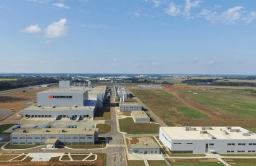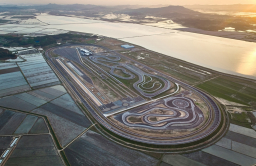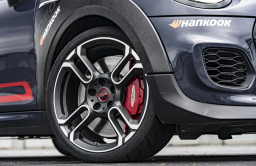-
KOSPI 2812.05 +41.21 +1.49%
-
KOSDAQ 756.23 +6.02 +0.80%
-
KOSPI200 376.54 +6.64 +1.80%
-
USD/KRW 1373 3.00 -0.22%
Hankook Tire’s focus on foreign factories sets it apart from rivals
Automobiles
Hankook Tire’s focus on foreign factories sets it apart from rivals
Driven by its overseas plant expansion, the company is forecast to post decent operating profit this year
By
Sep 08, 2022 (Gmt+09:00)
3
Min read
News+
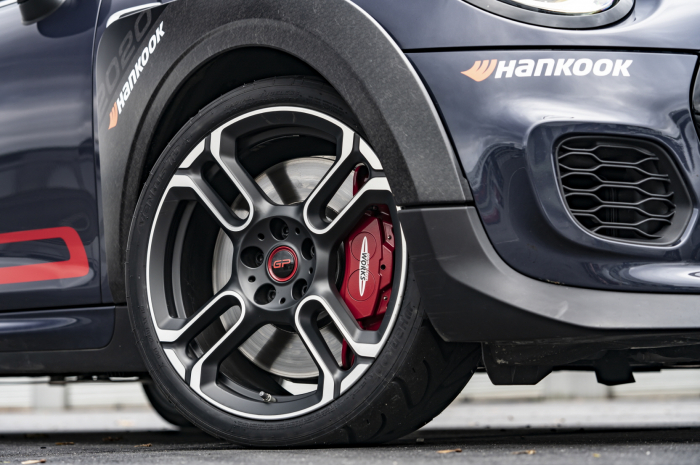
South Korea’s leading tire maker Hankook Tire & Technology Co. has one business strategy that sets it apart from its local rivals: Build more factories close to the markets where tires are sold.
Higher shipping costs and growing trade protectionism, including the US government’s Inflation Reduction Act that favors locally produced electric vehicles and batteries, also show Hankook’s business model works, resulting in higher profitability.
According to analysts on Thursday, Hankook Tire is forecast to post 670 billion won ($485 million) in operating profit this year, up 4.3% from the previous year.
By contrast, Nexen Tire Corp., Korea’s third-largest tire maker, is expected to report 58 billion won in operating losses this year. In previous years, the company had been profitable, posting as much as 207.4 billion won in operating income in 2019.
The main factor that distinguishes Nexon from Hankook, according to industry officials, is its heavy reliance on Korean plants.
Nexon is shipping about 90% of its products to Western markets from factories in Korea and China, increasing its logistics costs.
The company is expanding its Czech plant to meet demand from the US and European countries, but the factory is responsible for only 10% of its global production.
The company’s sales, however, largely come from non-Asian countries: 25% from Europe, 25% from North America and 15% from the Middle East.
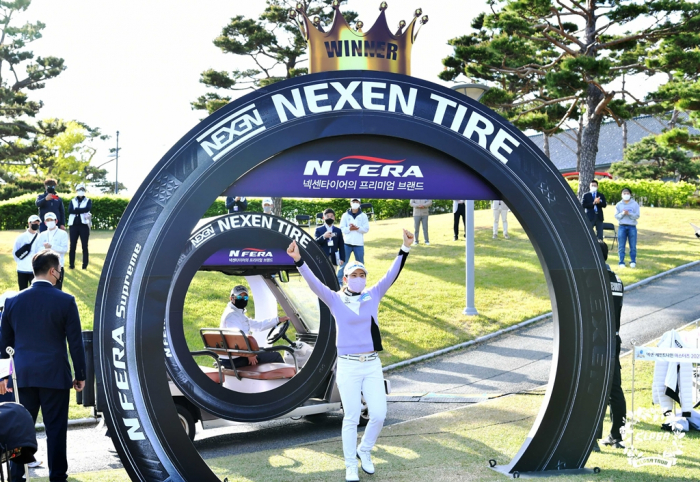
HANKOOK EXPANDS CAPACITY IN US PLANT
Meanwhile, Hankook Tire, which makes almost two-thirds of its tires at overseas plants, is further expanding its facilities in the US.
The company said in August it will invest $1.6 billion to more than double its output in the US – responding to Washington’s decision to provide tax credits only for electric vehicles made in North America.
Hankook said it plans to raise the production capacity of its Tennessee factory to 12 million tires per year from the current 5.5 million units.
The plant, which manufactures tires for passenger cars and light trucks, will be able to make products for commercial vehicles after the expansion. North America is Hankook’s second-largest overseas market, making up 28% of total sales, after Europe.
The capacity expansion is predicted to help Hankook deal with the US anti-dumping tariff of 27.05% and higher freight costs, analysts said.
Kumho Tire Co., Korea’s No. 2 tire player, also plans to increase the annual production capacity of its plant in the US state of Georgia to 4.5 million units from 4 million, and more than double its Vietnam plant capacity to 12 million from 5.5 million.
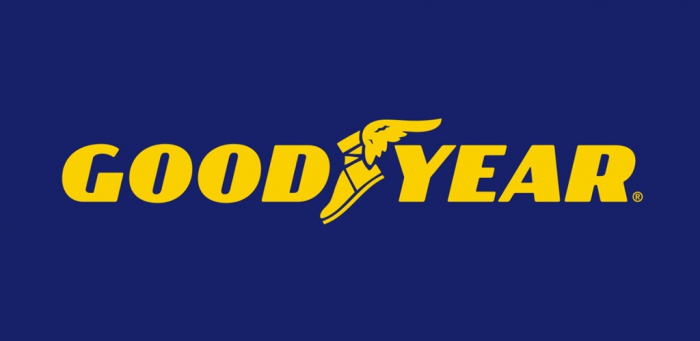
MICHELIN, GOODYEAR
Building factories close to the markets where their clients are located is a global trend.
French tire maker Michelin, which operates 123 factories in 26 countries, posted 2.5 trillion won in net profit in 2021, up 192% from the previous year.
US tire manufacturer Goodyear Tire & Rubber Co., which runs 57 plants in 23 countries, saw its net profit almost triple to 1.04 trillion won last year.
Industry watchers said the recent drop in global shipping costs is largely due to a decrease in demand caused by factors such as China's lockdown.
“Freight rates are still strong on major routes, including the North American route, and there is a possibility that rates will return to an uptrend once China's economic activity resumes,” said an industry official.
The Shanghai Containerized Freight Index (SCFI), which was holding around the 1,000 level in January 2020, hit 5,000 earlier this year. As of Sept. 2, the index was at 2,847.62.
Write to Han-Shin Park at phs@hankyung.com
In-Soo Nam edited this article.
More To Read
-
Aug 30, 2022 (Gmt+09:00)
-
May 25, 2022 (Gmt+09:00)
-
Nov 19, 2020 (Gmt+09:00)
-
May 31, 2021 (Gmt+09:00)


